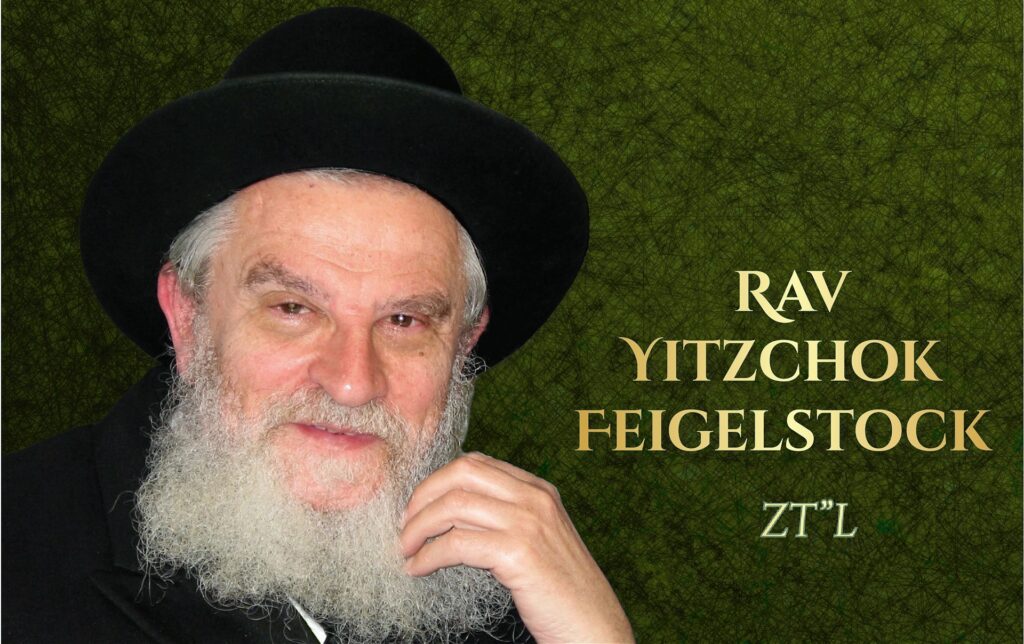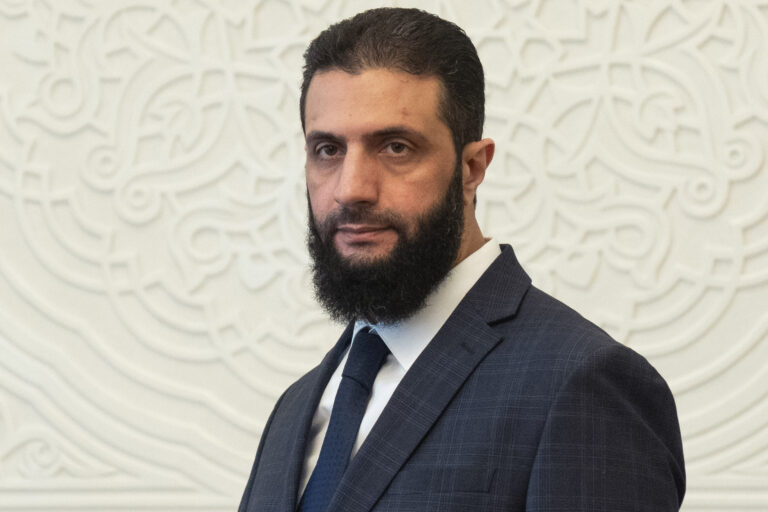by Rabbi Yair Hoffman for the Sefas Tamim Foundation
This Dvar Torah was adapted from shmuessin found in the newly published Sefer, “Yehge Chochma” Vol. II – The Mussar Shmuessim of HaGaon HaRav Yitzchok Feigelstock zt”l of the Long Beach Yeshiva. Rav Yeruchem Olshin Shlita told this author that his own mehalech in Shmuessim was heavily influenced by Rav Feigelshtok when he gave Mussar Vaadim and Chaburos in BMG.
“And he [Balak] sent messengers to Bilaam Ben B’or (BaMidbar 22:5)
The Sifrei (veZos HaBracha 357) cited by Rashi darshans, “While no Navi arose in Israel like Moshe Rabbeinu – one did arise among the gentiles with his power of prophecy – and that is Bilaam ben B’or.” This, however, begs the question: How could it be that someone so vile and lowly, so steeped in depraved behavior (See Sanhedrin 105) could have a level of prophecy equal to Kla Yisroel’s greatest prophet?
Furthermore, the Rambam (Yesodei Torah Chapter 7) writes that prophecy can only reside in someone who is both brilliant and who has mastered his character traits.
Rashi answers the question somewhat when he explains that he did not wish the nations of the world to say, “Well if we had a prophet like Moshe, then we would have also sought growth and truth..” and, therefore, Hashem gave the nations such a prophet. However, that may address the issue of Hashem overlooking the requirement of mastering character traits, but, nonetheless, Bilaam did have the intellectual brilliance that was necessary to possess prophecy. Why then did he not see so many obvious truths? How could he have thought that there are times when Hashem does not know all?
We must perforce say that there is another factor that prevents a person from seeing truths – even obvious ones. Let us explore what that other factor is.
Bilaam bragged to Hashem about the fact that Balak sent for him. Rashi explains his intent was as follows: “You may not consider me important, but the king of Moav certainly does.” This is the height of audacity and Chutzpah – taking back in such a way with the Creator of the world.
It is clear that the other factor is self-absorbance and hubris. Hubris can blind and obscure truth from even the brightest of people. Examples abound. Edison was known as one of the greatest inventors in the world, and his self-absorption caused him to be blind to the limitations of DC power which he advocated for, while the rival AC power picked up speed. Nobel Prize winner, Dr. Verner Heisenberg, was already a winner of the Nobel Prize and yet he failed to properly understand how little “heavy water” was needed to produce a nuclear bomb. This was something that even a first year physics student can calculate.
In Pirkei Avos (5:19), students of Avrohom are described as very humble, whereas students of Bilaam are described as haughty and filled with hubris. There is a grave lesson that can be learned here. We must actively seek to avoid any form of hubris if we wish to live a life of everyday emes.
To Subscribe to a weekly Parsha Sheet highlighting Emes please email [email protected] with the word subscribe in the subject line.
| ReplyForward
Add reaction |











